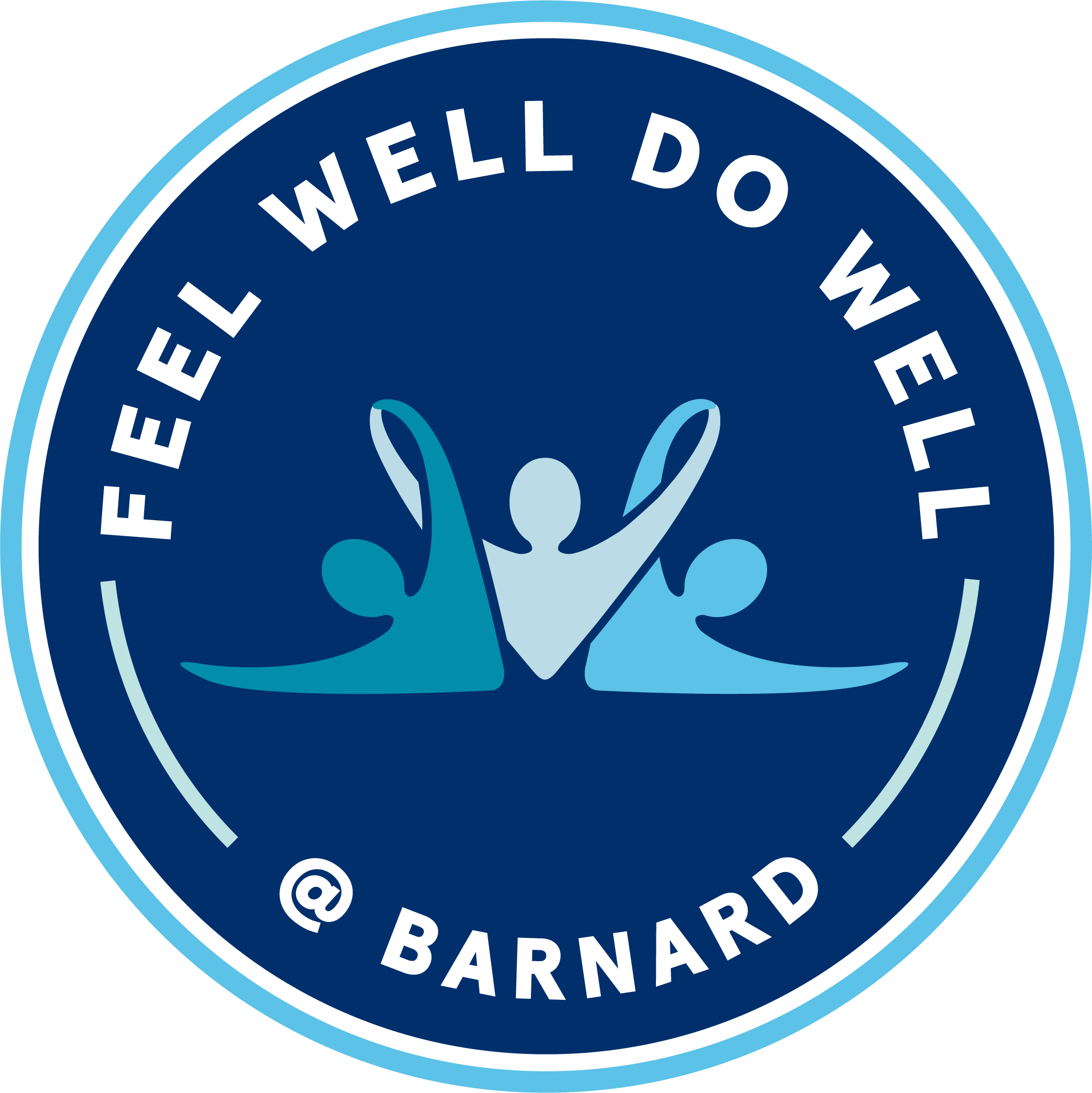Stay six feet apart and indoors. Wash hands often. Social isolation. These have become familiar phrases during the COVID-19 pandemic, and the Centers for Disease Control (CDC) acknowledges that anxiety levels may be kicking up a notch or two.
 Assistant professor of psychology Michael G. Wheaton studies anxiety disorders for a living. He’s an expert on the psychopathology and treatment of obsessive-compulsive disorder (OCD) and other related disorders, with an emphasis on cognitive behavioral therapy (CBT). In summer 2018, Wheaton received two research grants: a $50,000 award from the International Obsessive Compulsive Disorder Foundation to study the active avoidance and fear responses in people with OCD — the first study of its kind — and $70,000 for a NARSAD Young Investigator Grant to investigate taking active control over threat cues.
Assistant professor of psychology Michael G. Wheaton studies anxiety disorders for a living. He’s an expert on the psychopathology and treatment of obsessive-compulsive disorder (OCD) and other related disorders, with an emphasis on cognitive behavioral therapy (CBT). In summer 2018, Wheaton received two research grants: a $50,000 award from the International Obsessive Compulsive Disorder Foundation to study the active avoidance and fear responses in people with OCD — the first study of its kind — and $70,000 for a NARSAD Young Investigator Grant to investigate taking active control over threat cues.
For what will (hopefully) be an anxiety-reducing “Break This Down” Q&A, Wheaton shares how best to get through this crisis without compulsively cleaning around the clock. “While we should take the recommended precautions against the COVID-19 infection,” he noted, “people should find ways to relieve stress other than compulsive cleaning.” Read more of Wheaton’s suggestions below and tips from Feel Well, Do Well @ Barnard here.
What are some mental and physical hacks to help people cope with the current health crisis and social isolation?
These are stressful times for everyone and there is good evidence to suggest that the social isolation involved in self-quarantine can be particularly associated with poor outcomes. There was a recent article published in The Lancet that reviewed the psychological effects of quarantine, and they found negative psychological effects, including depression, confusion, and anxiety. One finding was that quarantine had less severe negative effects when the rationale for it was clearly articulated and made an appeal to altruism. This means that the period we are going through may be made more bearable if we remind ourselves of the reasons why it is important to engage in these measures and remember that we are making sacrifices for the better health of the community.
How can people maintain a balance when working from home?
It is important to try to keep to a routine. People who have studied working from home recommend trying to keep the workspace you will work from separate from the rest of your house or apartment to the extent possible. This physical separation of space will help you mentally [differentiate] between when you are at work and when you are not, so that work does not become something you are doing all of the time. They also recommend trying to keep the same routine as if you were heading into the office. Wake up, shower, and get dressed, as if you were going to the office, and it will feel more normal to you.
Are there any tips or resources you would recommend for people who are feeling especially anxious during these times?
In addition to the ways to relieve stress mentioned earlier, it is important to try to be realistic about the nature of the threat we are facing. Although serious, the data suggest that the majority of individuals who contract COVID-19 will recover. Pandemic outbreaks, including the great flu of 1918, do come to an end, so it is important to recognize that this is a stressful period, but that it will pass as well. The Anxiety and Depression Association of America (ADAA) has a website with useful information and resources to help those experiencing anxiety right now.
Can the act of cleaning or organizing help to quell anxiety during these stressful times?
The urge to clean during stress could be explained by a few different factors. One of the things that has been found in the research is that having a sense of control can help people to deal with stress. Cleaning might make you feel better because it gives you the feeling that you are doing something that needs to be done. And you are in control because you chose to do the activity.
Even though we should certainly be paying attention to cleanliness and hand-washing due to COVID-19, we should be aware that sometimes these concerns can go too far. Individuals with obsessive-compulsive disorder (OCD) often feel compelled to repetitively clean things in an excessive way. For them, cleaning is not a temporary stress reliever or self-soothing mechanism. Rather, it is a compulsion that the person feels driven to complete and can’t feel comfortable until it is done completely or “enough.”
So while we should take the recommended precautions against the COVID-19 infection, people should find ways to relieve stress other than compulsive cleaning. These include activities such as exercising, taking on special cooking projects, and connecting with friends and loved ones via phone and video chat.
The International OCD Foundation (IOCDF) has resources for individuals who may feel compelled to compulsively clean in response to the COVID-19 outbreak.
To learn more about OCD, read “Break This Down: Prof. Michael G. Wheaton on OCD.”
Watch a video of Mary Joan Murphy, executive director of Student Health and Wellness, as she addresses concerns and safety measures pertaining to the virus.

